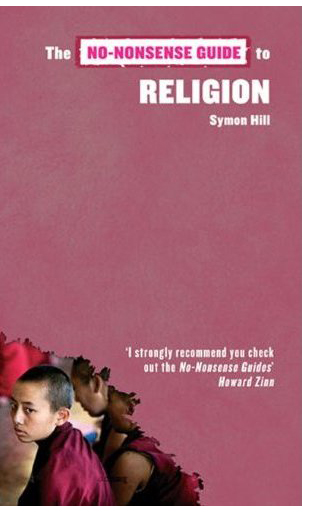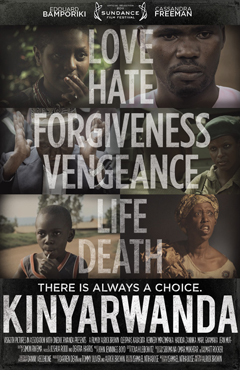 Book: Symon Hill, The No-Nonsense Guide to Religion
Book: Symon Hill, The No-Nonsense Guide to Religion
Publisher: New Internationalist Publications Ltd. and Between the Lines, 2010
The Rigorous Apologetics of a Postmodern Spirituality
?In the light of such complexity, to ask simply whether religion is ?good? or ?bad? is to miss the point. Religion serves as a reason for war and peace, love and hatred, dialogue and narrow-mindedness . . . The ?goodness? or ?badness? of religion depends on the ways in which it is used, applied, and lived out.?
Symon Hill, The No-Nonsense Guide to Religion
Speaking of religion, I’m developing a bit of a religious fervour for these New Internationalist No-Nonsense Guides. This is only the second one I’ve reviewed but That’s enough to know that these books are reasoned, well-researched catalysts for change. The No-Nonsense Guide to World Music actually set me on a path I still travel today, because of the fascination it instilled in me for the music of northern Africa. This one may well set me on another path.
Even though the author diligently avoids doing so, the fact of its existence would indicate that this book is essentially an argument in defence of religion. But he also avoids favouring or deriding any one religion.
 Hill puts many current religious conflicts (including, commendably, Israel’s occupation of the Gaza Strip and the West Bank) into compact nutshells, clarifying complex issues and pointing the clearest way out of the morass.
Hill puts many current religious conflicts (including, commendably, Israel’s occupation of the Gaza Strip and the West Bank) into compact nutshells, clarifying complex issues and pointing the clearest way out of the morass.
Such as, for example, introducing the idea of non-factual truth as a means of understanding myth, in which myth is seen as a higher form of truth distinct from the factual truth found in historical and scientific data. This notion renders debates like that between creationists and evolutionists practically meaningless, which is a good thing?the arguments at the extremes of these debates are often instrumental in increasing the numbers (and the zeal) of fundamentalists as well as New Atheists (the new kids on the fundamentalist block).
Mystics have long argued that all religions espouse the same truths but that few are willing to divulge what those truths might be. Ironically, Hill finds that one of the most salient commonalities in all religions is the spectrum of disagreement within each religion, believers from every denomination representing broadly differing opinions on issues like equality, women’s rights, the distribution of wealth, human rights, and homosexuality.
Does religion have a future? Hill bases his predictions on the premises that there are some serious flaws in the exclusively modern conviction that religion is on its way out. He also directs us to uniquely recent challenges to religion’s power, autonomy, and doctrinal stability.
The No-Nonsense Guide to Religion manifests six of The Mindful Bard’s criteria for books well worth reading: 1) it confronts existing injustices; 2) it displays an engagement with and compassionate response to suffering; 3) it inspires an awareness of the sanctity of creation; 4) it is about attainment of the true self; 5) it stimulates my mind; and 6) it poses and admirably responds to questions which have a direct bearing on my view of existence.

